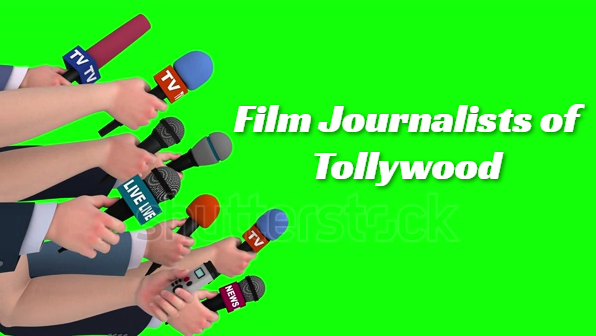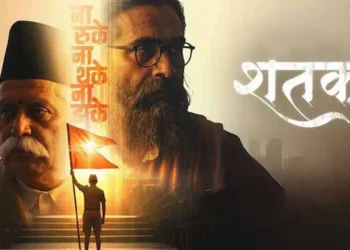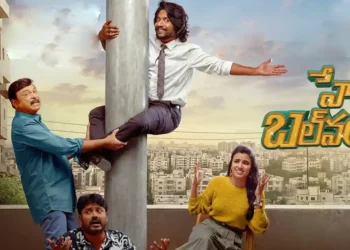The Telugu film industry, affectionately known as Tollywood, thrives on vibrant storytelling and passionate audiences. Crucial to its ecosystem are the film journalists, tasked with bridging the gap between the filmmakers and the public, offering insights and driving critical discourse. However, a growing sense of unease permeates the community, with many questioning the current state and ethical practices of Telugu film journalism.
The most visible manifestation of this discontent is the increasingly criticized press conference format. What was once a forum for genuine inquiry and insightful discussions has devolved into a spectacle often dominated by repetitive, irrelevant, and frankly, nonsensical questions. Instead of delving into the creative process, exploring themes, or understanding the director’s vision, journalists often resort to frivolous queries about personal lives, box office predictions, or even controversial gossip. This not only wastes the valuable time of the filmmakers but also deprives the audience of meaningful content.
Compounding the problem is the apparent monopoly exercised by a select few senior journalists. These individuals, having established themselves over time, seem to control the narrative, often dominating press interactions and stifling the voices of younger, more ambitious journalists. This lack of opportunity for fresh perspectives and innovative approaches is severely detrimental to the evolution of film criticism and reporting in Tollywood. Emerging journalists, eager to prove themselves, are often relegated to the sidelines, forced to observe and emulate the outdated methods of their seniors.
Furthermore, the specter of “paid journalism” looms large, casting a shadow over the credibility of the entire profession. Allegations of journalists accepting undue favors – be it financial incentives, gifts, or preferential treatment – in exchange for positive reviews and favorable news coverage are rampant. This compromises journalistic integrity and distorts the public perception of films, actors, and filmmakers. Critics argue that such practices create a biased landscape where genuine talent can be overshadowed by well-funded PR campaigns and manufactured hype.
The consequences of these problematic practices are far-reaching. A lack of genuine critical engagement hinders the artistic growth of the industry. Filmmakers become wary of interacting with journalists, fearing misrepresentation and sensationalism. The audience, in turn, becomes increasingly cynical, questioning the authenticity of reviews and relying more on word-of-mouth and social media trends.
From a critic’s point of view, the current situation is a disservice to both the film industry and the public. Film journalism should be centered around critical analysis, contextual understanding, and unbiased reporting. It should serve as a platform for constructive dialogue and contribute to the overall appreciation and advancement of Telugu cinema.
To remedy this situation, a multi-pronged approach is necessary. Senior journalists need to mentor and empower younger colleagues, fostering an environment of inclusivity and encouraging diverse perspectives. Media organizations must enforce stricter ethical guidelines and actively combat the practice of paid journalism. Filmmakers, in turn, should advocate for responsible and insightful reporting, refusing to engage with outlets known for unethical practices.
Ultimately, the future of Telugu film journalism rests on its ability to adapt, evolve, and reclaim its integrity. By prioritizing genuine inquiry, ethical conduct, and a commitment to fostering meaningful dialogue, it can once again become a valuable asset to the vibrant and dynamic world of Tollywood. Only then can it truly serve its purpose: to inform, educate, and enrich the cinematic experience for both filmmakers and audiences alike.





















